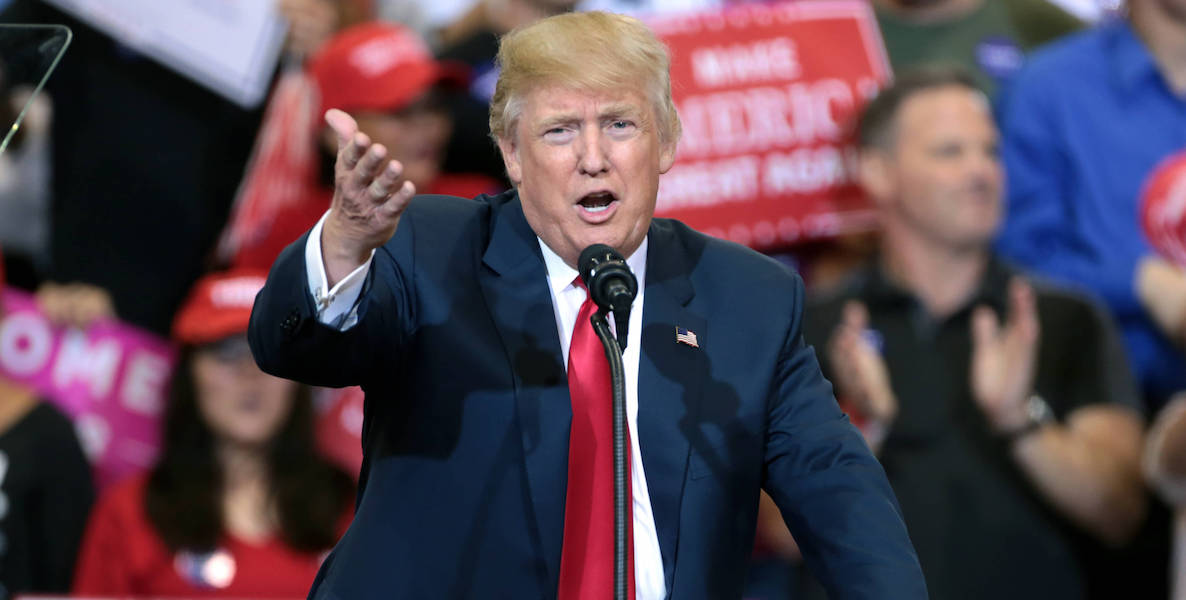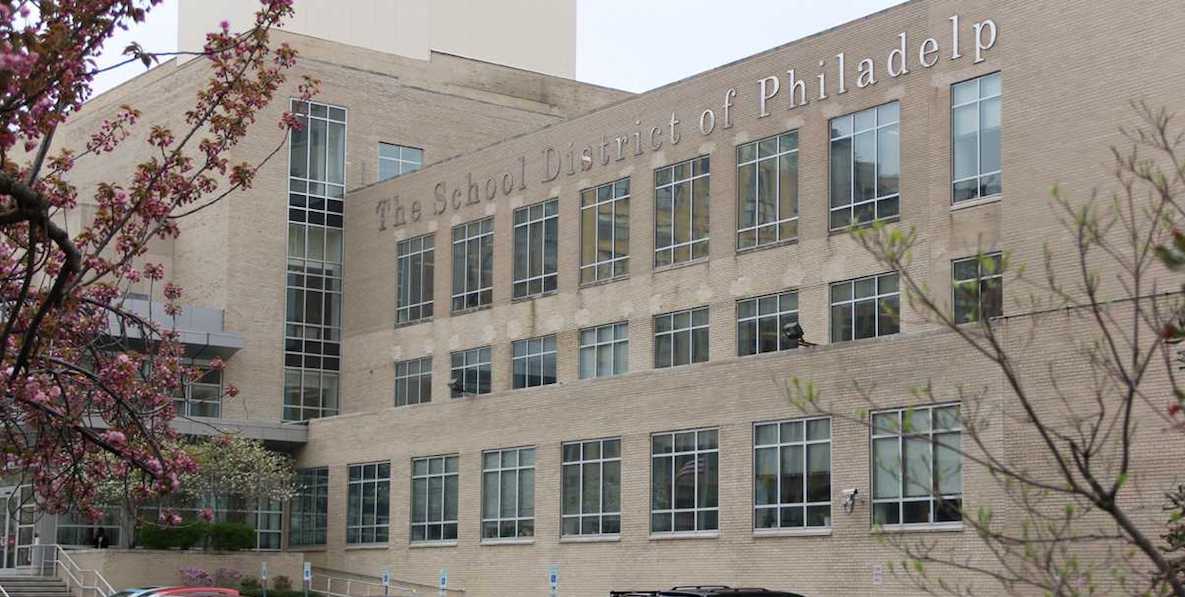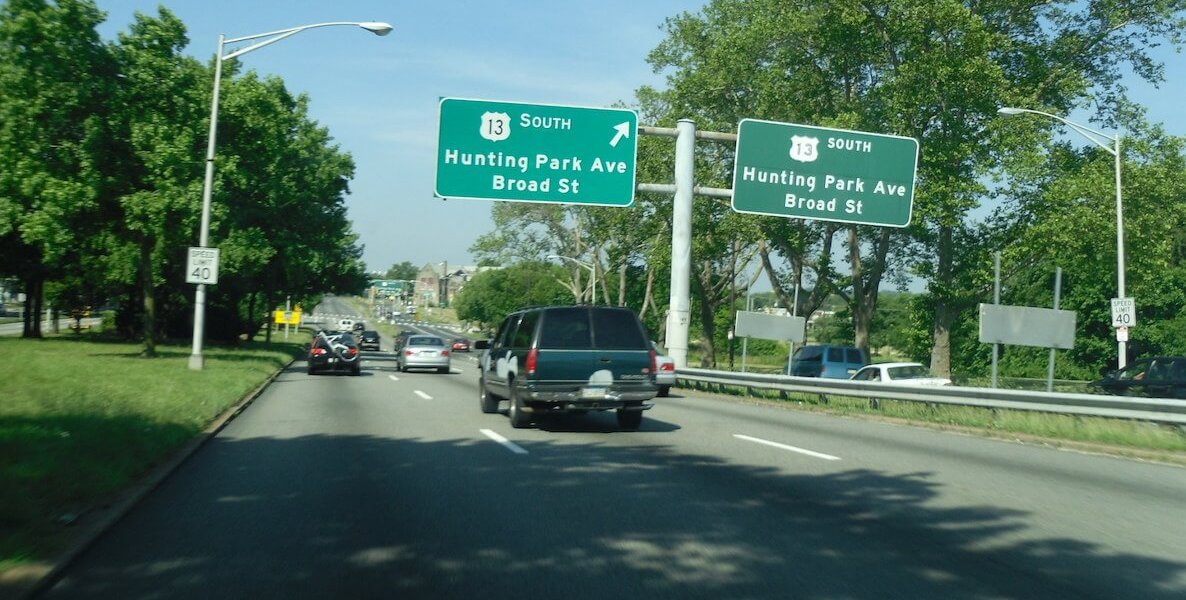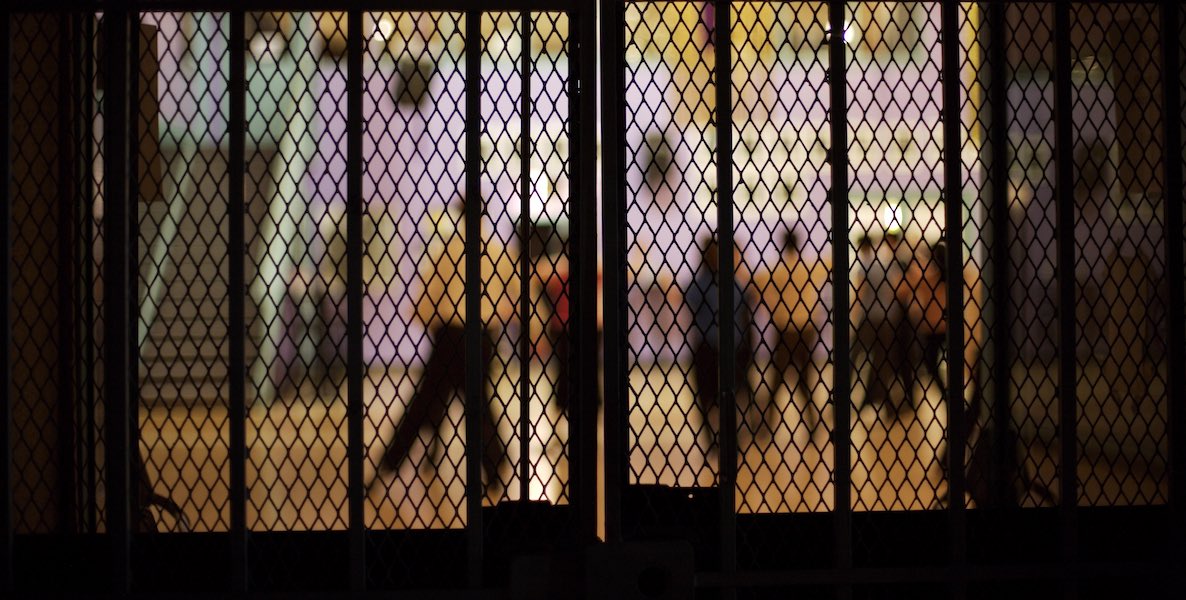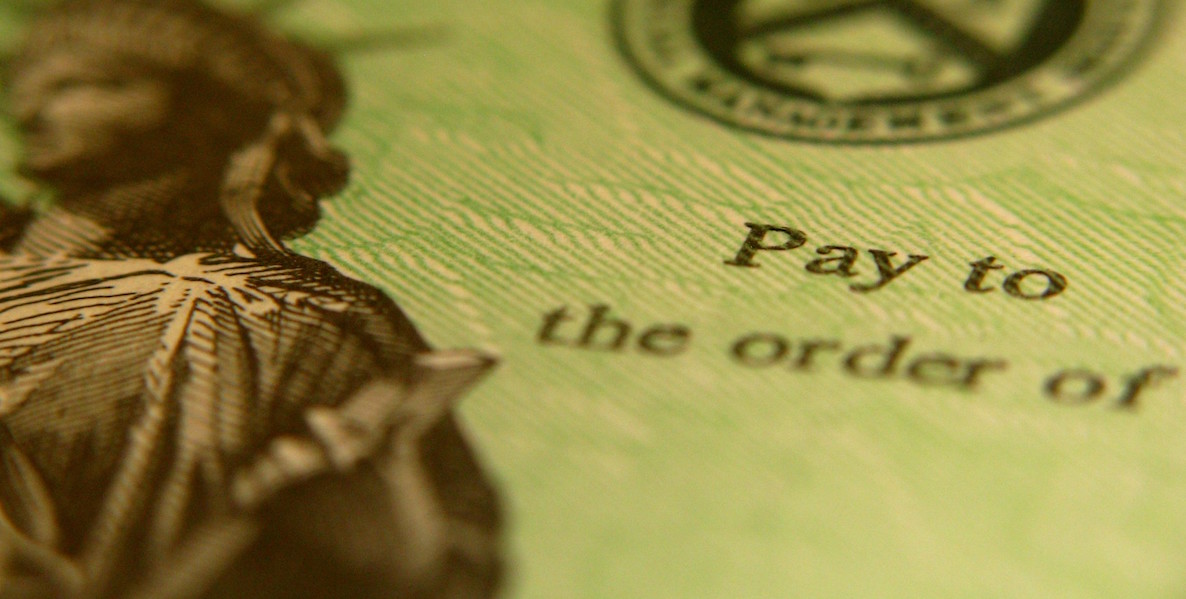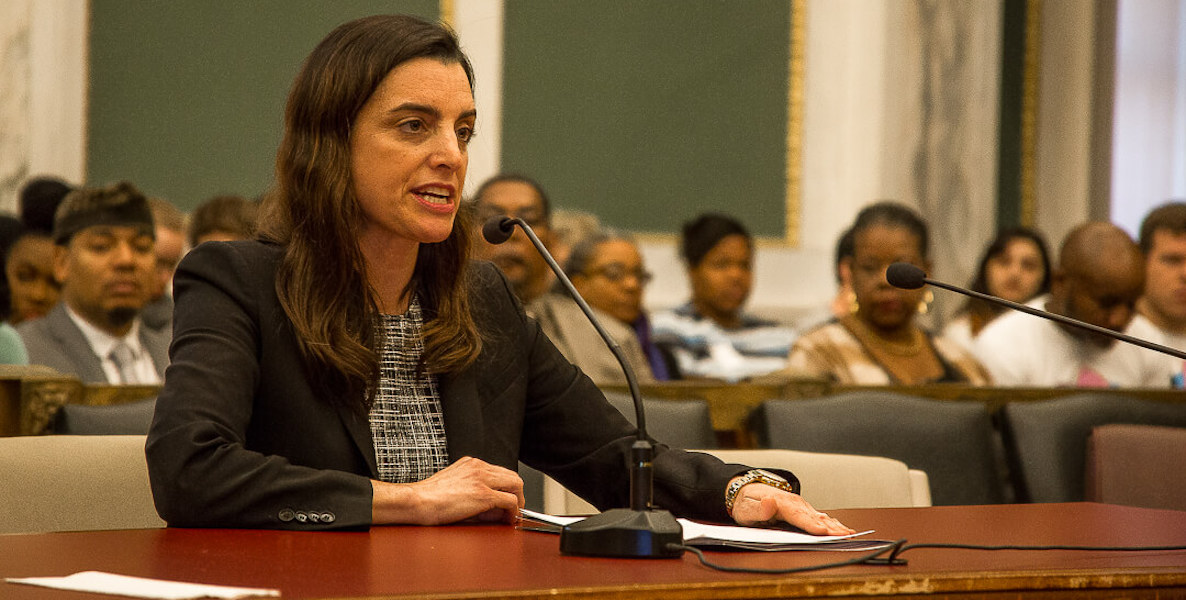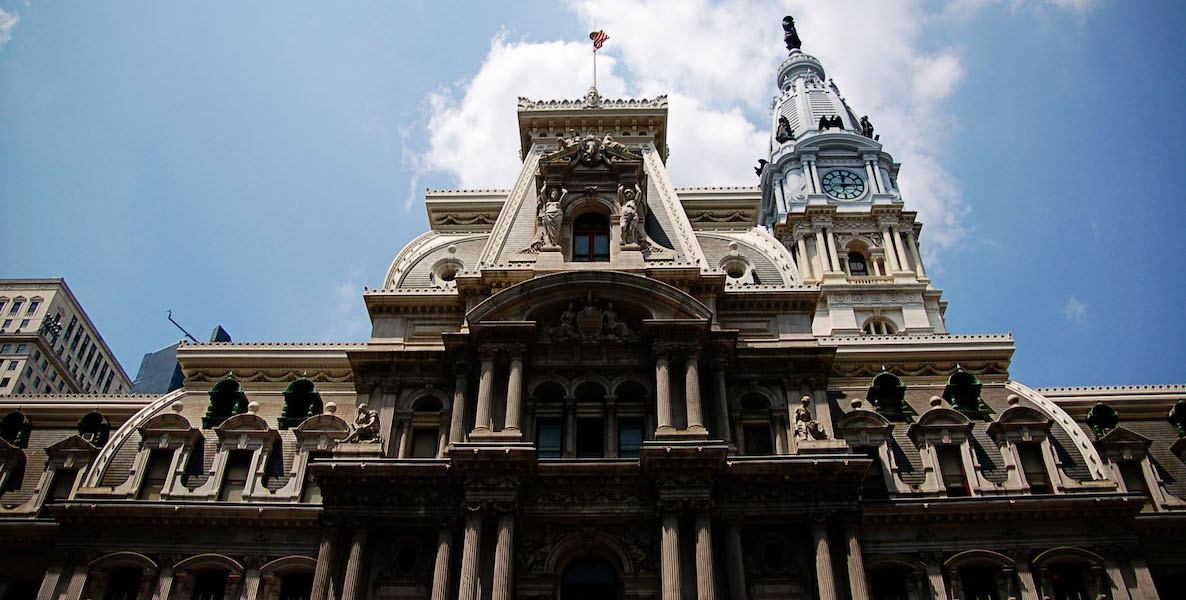![]() Philadelphia’s poverty rate is much like a “test tube baby” — borrowing from a rather crude but legendary phrase from the late comedian Robin Harris. We know it’s there. We know it’s very high. But we continue to marvel, study and poke at it like uncaring researchers in white lab coats.
Philadelphia’s poverty rate is much like a “test tube baby” — borrowing from a rather crude but legendary phrase from the late comedian Robin Harris. We know it’s there. We know it’s very high. But we continue to marvel, study and poke at it like uncaring researchers in white lab coats.
It is the exhausted lab rat spinning tirelessly on experimental wheels, its condition still treated like a mystery and showered with endless reams of data and research. Whole institutions, agencies, budgets and initiatives are spawned from it. We call this activity response — but, it’s not really. Poverty still exists and persists near 25 percent.
Now comes City Council’s “Philadelphia Poverty Action Plan,” rolled out last week, with an ambitious goal of reducing poverty by 100,000 residents. The detailed 14-page action plan that aims to cut the nearly 25-percent poverty by about … well, 25 percent, lays out a number of strategies, some fresh and some simply old wine in a new bottle.
One of the more aggressive strategies highlighted by Council in the plan is the idea of “basic income.”
The idea was mostly ridiculed during the failed presidential candidacy of micro-entrepreneur Andrew Yang. The concept, however, has been bandied about since the Civil Rights Movement first conceived it, followed by more recent fascination from various academics, influencers and policy wonks.
![]() Both Hamilton, Ontario, and Stockton, California have piloted a basic income. In Stockton, it’s $500 a month, and researchers are noting participants are making “rational choices.”
Both Hamilton, Ontario, and Stockton, California have piloted a basic income. In Stockton, it’s $500 a month, and researchers are noting participants are making “rational choices.”
In Philly, Council proposed a system of “… direct cash transfers that help families transition from poverty, including individuals aging out of government systems such as prisons and foster care.”
According to the Council plan, “National studies demonstrate that $1 in basic income yields up to $8 in economic return through increased earning potential and decreased reliance on subsidies.”
Researchers say there’s no evidence thus far that it’s discouraging people from working. And City Hall is seeing it work in a number of other cities and countries around the world with some success, although it’s still not completely conclusive.
Ultimately, a city full of prosperous residents who aren’t stressed and destroyed daily by crushing socio-economic vulnerability is a vibrant city that’s generating even more wealth and long-term prosperity.
That’s bolstered by studies from progressive-leaning think tanks like the Roosevelt Institute that indicate a nearly 13-percent increase in national GDP should the country adopt a “universal basic income” approach. (Finland is running a pilot.)
That’s, obviously, not something happening anytime soon considering the current state of American politics, but it is appealing: if that were to happen, we’d see somewhere close to $3 trillion in added economic activity by 2025.
But since Philly has the highest poverty rate of all big cities, it’s grabbing for something bold and fast. It would be the biggest participant to try it thus far if it were implemented.
That raises the obvious question: How do you pay for it?
City Controller Rebecca Rhynhart found the concept fascinating when asked about it on WURD’s City Council LIVE, but there was skepticism on where exactly the money was coming from — especially after her office just finished slamming the mayor for exorbitant double-digit spending increases over the past few fiscal years.
“I’d need to see more details on how it would work, where money would go,” said Rhynhart. “And I’d have concerns over just some people getting it and not others. How do you determine who’s eligible for it? The other thing we’d have to consider is how transformative will we be about lifting people out of poverty? Is it really basic income or is it more small-business growth so more businesses hire people? I would say that the right plan could also bring in private sector support.”
To Rhynhart’s point, Mayor Kenney proposed increasing city spending by 4.2 percent alone next fiscal year. How much of that do you spend on something like this? What other program or service or agency gets hurt fiscally to pay for this program? In Stockton, the basic income is mostly propped up by philanthropy, but that’s not going to fly here, where we have a dearth of big local foundations.
Typically, city leaders have responded to such questions with a range of taxes—often onerous tax and fee burdens on the same demographic of people who are either trapped in that poverty rate (Philadelphia has the highest rate of low-income home ownership) or teetering on the edge of it.
Council President Darrell Clarke told City Council LIVE that Council intends for United Way to be the lead partner overseeing a pot of money used specifically for a basic-income program. He also noted that it will depend on public investment—but also private investment. “The ability to leverage that public investment with private investment is something they’re working on,” Clarke said.
National studies demonstrate that $1 in basic income yields up to $8 in economic return through increased earning potential and decreased reliance on subsidies.
For an example, the City could take a look at Chicago’s wildly successful Partnership for Safe and Peaceful Communities, which reduced that city’s gun-violence rate through a public-private partnership that generated $75 million from a coalition of 40 foundations and other partners, including the professional sports teams.
That resulted in targeted investments in, among other things, READI Chicago, which gave $20,000 a year in direct jobs per person for a group of 600 “high risk” individuals, along with other services.
That kind of investment will be more difficult in Philadelphia, whose metropolitan area’s gross domestic product is ninth in the nation, far below New York, Los Angeles and Chicago, according to the Bureau of Economic Analysis.
Still, the city’s GDP by itself is $111 billion — nearly 6 percent higher since 2015 — about 40 percent of which comes from three Fortune 500 companies headquartered here: Aramark, Comcast and Day & Zimmermann.
And, of course, there’s the combined $16.3 billion in rarely tapped endowments of the major universities and academic institutions within Philadelphia city limits.
It’s not unrealistic to ask the city’s private and academic sector to chip in, just like in Chicago. The return for them would be a city on the rise, rather than weighted down by high poverty, and a growing class of residents able to spend more money, get training and fill jobs.
Everyone is hurt by the current situation. The cost of living in Philadelphia continues to rise at a noticeable rate, something that is also leading to increased debt: According to MarketWatch, Philadelphia has the 11th highest citywide credit card debt (an average of $6,800). Philadelphia also has the second worst average credit score in Pennsylvania: 633.
![]() That’s a sign that Philadelphia residents, even those not in deep poverty, are in a deep financial ditch and aren’t getting any chances to dig themselves out of it. This is the case nationally, as well, where income inequality and wage gaps persist.
That’s a sign that Philadelphia residents, even those not in deep poverty, are in a deep financial ditch and aren’t getting any chances to dig themselves out of it. This is the case nationally, as well, where income inequality and wage gaps persist.
As the Economic Policy Institute shows, the Top 0.1 percent cumulative earnings since 1979 have risen 343 percent, along with the Top 1 percent earnings increasing by 157 percent. But the bottom 90 percent has seen its earnings remain almost flat at 22-percent growth.
So why not just put funds directly into the pockets of struggling residents and give them as near a clean slate as possible or prevent them from collapsing when an emergency hits? Perhaps it’s better to flow it as a “Social Stability Fund” versus “basic income.” As Clarke put it, “If we want people to be productive citizens, you need to give them a starting point.”
Of course, this is all easier said and promoted than actually done. The mayor and City Council will get the usual pushback unless their approach is bolstered by data, the right partners and the kind of approach that is unassailable. These are the kinds of things that should hopefully shake out during the proposed pilot period.
Proponents of a basic income really must take the extra step to show how this basic income would impact poverty and other indicators like violence in Philadelphia. There must be no limitations on additional wealth or revenue generation; that would defeat the purpose of helping individuals and families to accumulate wealth and long term, generational assets. But the City might need to create a series of conditions for continued participation.
![]() Do you only offer basic income to people who are working, in city-funded workforce development programs, or going to school — perhaps under Mayor Kenny’s impressive tuition-free Octavius Catto Scholars program at Community College of Philadelphia? Do you mandate — and then make available — financial literacy courses? Do you offer recipients the chance to also enroll in small business development and incubation programs?
Do you only offer basic income to people who are working, in city-funded workforce development programs, or going to school — perhaps under Mayor Kenny’s impressive tuition-free Octavius Catto Scholars program at Community College of Philadelphia? Do you mandate — and then make available — financial literacy courses? Do you offer recipients the chance to also enroll in small business development and incubation programs?
Ultimately, a city full of prosperous residents who aren’t stressed and destroyed daily by crushing socio-economic vulnerability is a vibrant city that’s generating even more wealth and long-term prosperity.
Philly’s mounting social costs are dangerous for everyone living in and around it.
If anything, an initiative of this size might simply be insurance for the city’s future that essentially protects everyone … including those who don’t need basic income.
Charles D. Ellison is executive producer and host of “Reality Check,” which airs 11 a.m. to 1 p.m. Monday through Thursday on WURD Radio (96.1FM/900AM). Check out The Citizen’s weekly segment on his show every Wednesday at noon. Ellison is also principal of B|E strategy. Catch him if you can @ellisonreport on Twitter.
Photo by Sharon McCutcheon / Unsplash


